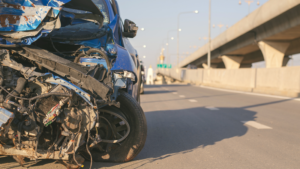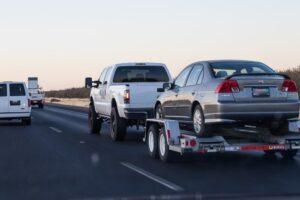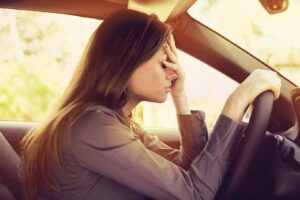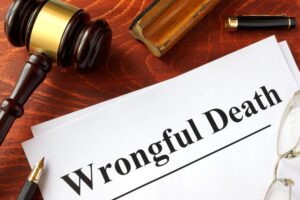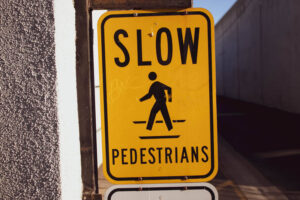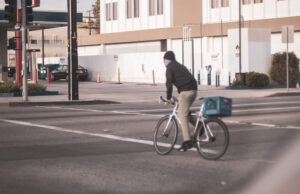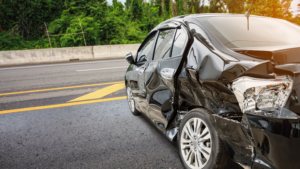
How Utah’s Fault-Based Insurance System Affects Your Right to Compensation After an Accident
If you’ve been injured in a car accident in Utah, speaking with a Utah car accident lawyer and understanding how the state’s fault-based insurance system works is crucial to protecting
